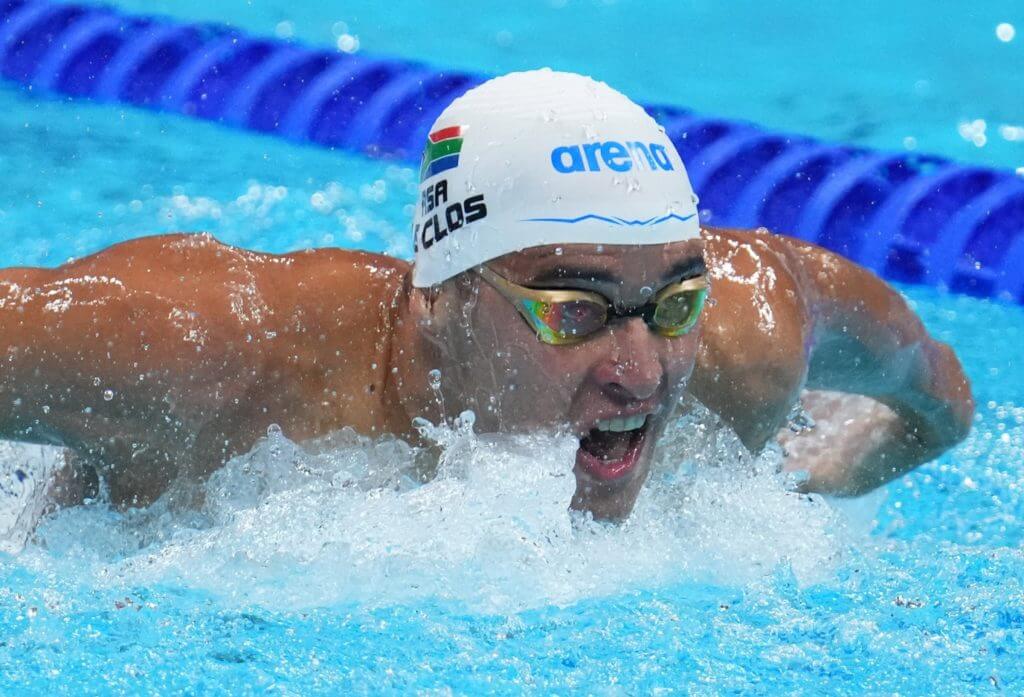FINA to Devote Millions in Investment to African Swimming After Olympics

Editorial content for the 2021 Tokyo Olympic Games coverage is sponsored by GMX7.
See full event coverage. Follow GMX7 on Instagram at @GMX7training #gmx7

FINA to Devote Millions in Investment to African Swimming After Olympics
FINA president Husain Al-Musallam has reiterated his desire to expand global access to swimming with a new initiative to increase investment in African swimming.
The new FINA head, speaking with the Associated Press soon after the conclusion of swimming competition at the Tokyo Olympic Games, is making a push toward elite training centers and scholarship programs to expand the sport’s global footprint. The number has been placed at $29 million over the next four years. A recently announced increase in the FINA Short-Course World Championships purse is part of that.
The first of those announced investments is an elite training center in Tunisia, the nation that produced men’s 400 freestyle gold medalist Ahmed Hafnaoui as a beacon of promise for the continent. FINA has also identified Senegal and two universities in South African for elite training bases, as well as other new establishments in Hungary and Russia.
Hafnoui’s surprise gold was one of only three medals from African swimmers at the Tokyo Olympics. The others were brought home by South Africa’s Tatjana Schoenmaker (gold in the women’s 200 breast, silver in the 100 breast), though that country has a robust history of investing in swimming. (That didn’t stop Schoenmaker, her coach and the head of Swimming SA from this week appealing for more financial support for Olympians from corporations and institutions in the country.)
“I believe there will be a lot of athletes coming from Africa in swimming and they will reach the podium,” Al-Musallam told the AP. “When you give opportunity to everybody they perform. Africans have a lack of resources, especially for aquatic sport.”
Nearly half of the 105 medals in the pool were won by the United States (30) and Australia (21). European countries took 32 medals (plus five of the six in open water), and Asian nations won 11.
Brent Nowicki, the new executive director of FINA, cited the example of Abeku Jackson of Ghana training in Russia, at a FINA-supported facility in Kazan that will host the 2025 World Championships, as vital in his improvement. More African swimmers are able to make the jumpto universities in Europe or the United States, but another pathway could be to make those connections easier. Al-Musallam also hopes to have Olympic stars engage with young swimmers in developing swimming markets to offer inspiration.
“I said, ‘I can give you this opportunity. I send you to Ghana. Talk to the kids in the river,’” the Kuwaiti FINA president said. “I want to work in the field, I’m quiet. You judge the result.”




